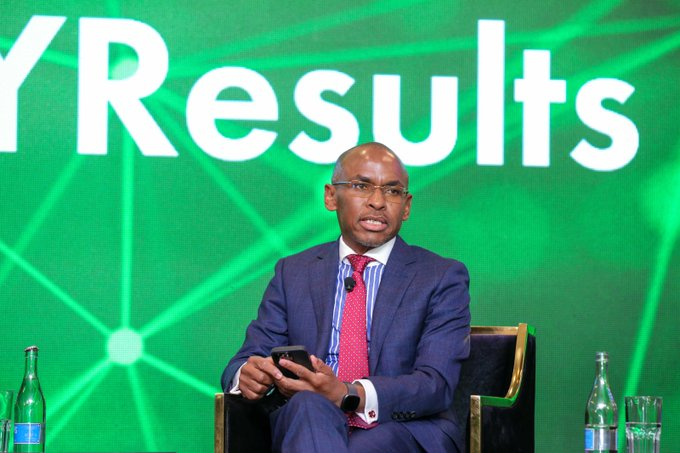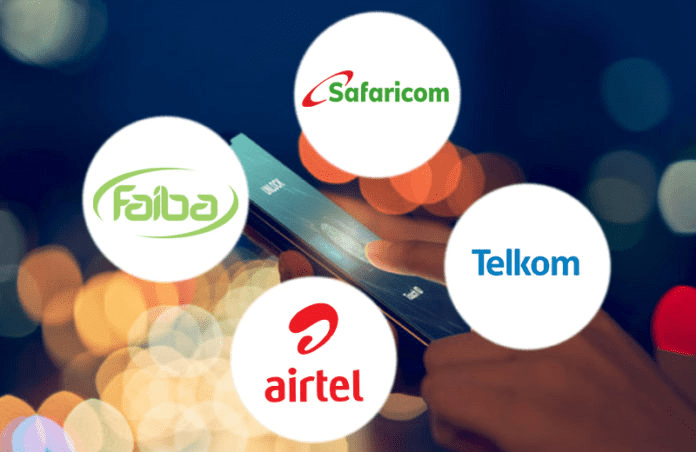
DARE 1 links Djibouti, Mogadishu, Mombasa, and Bosaso, and is projected to give a robust alternative for routing internet traffic, in addition to reliably manage the capacity of traffic in the region. In a not-so-scientific way, this implies that accessing internet services will be consistent because the capacity to handle traffic will be larger. Customers will likely pay less for internet services too.
DARE 1 arrives ten years after Kenya was served by its first submarine cable. According to Kebaso Mokogi, who serves as Telkom Kenya’s MD for Carrier Services, DARE1 will ‘not only bring a unique investment opportunity to the country but the unrivaled redundant international connection on newer technology.’
The cable, which covers a total distance of 5400 kilometres, uses a 3-fibre pair with a capacity of 36TB each. Kenya has access to both: one runs from Djibouti to Mombasa, and the second one terminates in Somalia and then into Kenya.
Telkom Kenya, which is known for its dirty cheap mobile data bundles, has been trying to make a name for itself in the Kenya mobile space with a series of investments. It has, for instance, been expanding its 3G and 4G coverage in the country for a while. The project is costing the carrier up to KES 1 billion.
Also, less than one year ago, it upgraded core networks to a 100gigabit connection in five towns.
That aside, DARE1 and its associated activities, such as the deployment and management of inland fibre optic cables in several parts of the country, will be managed by Telkom.





























